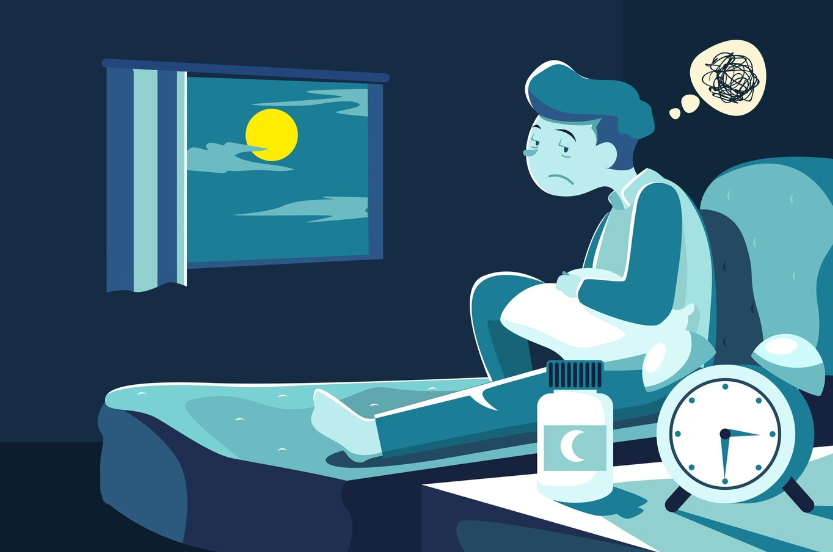
The Role of Hormones in Impact of Insomnia on Health and Well-being
Introduction: Insomnia, a common sleep disorder, not only affects your ability to rest but also has a significant impact on your overall health and well-being. Hormones play a crucial role in regulating sleep patterns, and disruptions in their balance can exacerbate the consequences of insomnia. Let’s explore how hormones influence the impact of insomnia on health and well-being in simple terms.
Understanding Insomnia: Insomnia refers to difficulty falling asleep, staying asleep, or experiencing non-restorative sleep, despite having the opportunity to sleep. It can lead to daytime fatigue, irritability, difficulty concentrating, and impaired performance in daily activities. Hormones like cortisol, melatonin, and adrenaline regulate the sleep-wake cycle and play a vital role in determining our sleep quality.
Impact of Insomnia on Health:
- Physical Health: Chronic insomnia has been linked to various physical health problems, including obesity, cardiovascular diseases, diabetes, and weakened immune function. Hormonal disruptions caused by lack of sleep can contribute to inflammation, insulin resistance, and other metabolic dysfunctions.
- Mental Health: Insomnia is closely associated with mental health disorders such as depression, anxiety, and mood disorders. Hormonal imbalances resulting from inadequate sleep can exacerbate emotional instability, impair cognitive function, and increase the risk of developing mental health conditions.
- Quality of Life: Persistent insomnia can significantly diminish overall quality of life, affecting relationships, work performance, and social interactions. Hormonal disturbances associated with sleep deprivation can impair judgment, decision-making abilities, and interpersonal skills, leading to interpersonal conflicts and reduced satisfaction in life.
Strategies for Managing Insomnia:
- Establishing a Bedtime Routine: Creating a relaxing bedtime routine can help signal to your body that it’s time to wind down and prepare for sleep.
- Maintaining a Sleep-friendly Environment: Keep your bedroom dark, quiet, and cool to promote better sleep quality.
- Limiting Stimulants: Avoid caffeine, nicotine, and electronics before bedtime, as they can interfere with your ability to fall asleep.
- Stress Management: Practice relaxation techniques such as deep breathing exercises, meditation, or yoga to reduce stress and promote better sleep.
- Seeking Professional Help: If insomnia persists despite self-care measures, consult a healthcare professional for evaluation and personalized treatment options.
Conclusion: Insomnia can have profound effects on both physical and mental health, impacting overall well-being and quality of life. By understanding the role of hormones in insomnia and implementing strategies to promote better sleep hygiene, individuals can mitigate the negative consequences of this sleep disorder and improve their health and well-being.
To seek medical advice, always consult a Doctor. Here are our recommended experts. Click Here
To read more on Insomnia. Click Here


